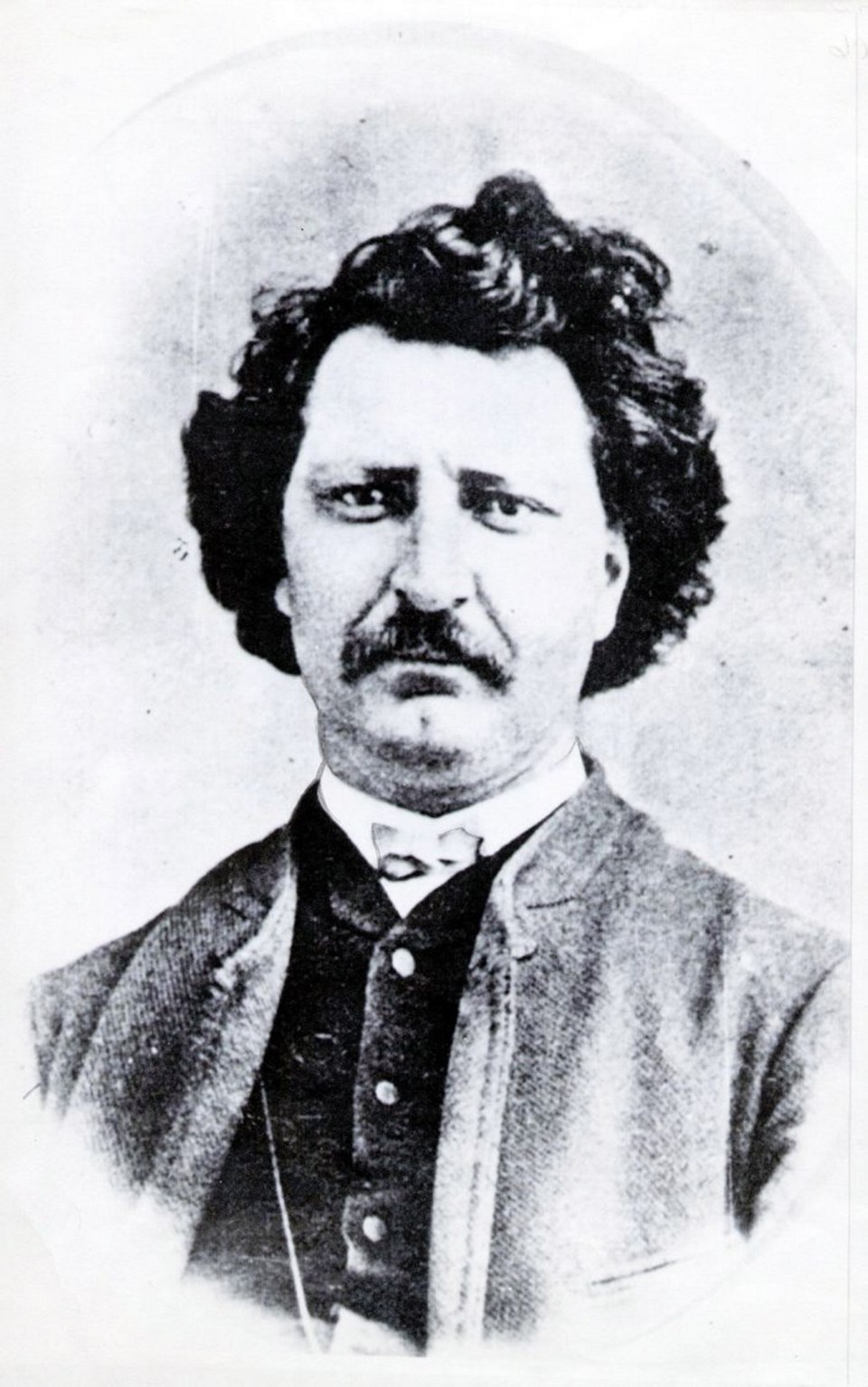The infinity-embossed flag of the Métis Nation will fly at municipalities around B.C. as they proclaim Saturday as Louis Riel Day.
Victoria, Langford and Sidney have agreed to the proclamation. Victoria has even agreed to fly the flag of the Métis Nation, a white infinity symbol (a sideways “8”) on a solid blue, black or red background.
Today, at Royal Roads University in the Blue Heron House, Métis culture will be showcased with a short film, bannock and tea, from 10 a.m. to noon.
Bill Bresser, president of Métis Nation Greater Victoria, said the celebration is part of a growing recognition across Canada that now sees Riel, not as an executed villain but as a defender of the Métis.
“He is now recognized not as a traitor but somebody fighting for his people and the rights and property of people that were being taken advantage of,” said Bresser.
Also, Bresser said, Métis people are now being recognized as legitimate builders of the modern country.
“The Métis have moved all around Western Canada and are prominent there today,” said Bresser. “They have had a lot to do with the formation of Canada.”
Louis Riel, who lived from Oct. 22, 1844 to Nov. 16, 1885, is now listed as a founder of the province of Manitoba. He was also a central figure in the North-West Rebellion of 1885. The North-West Rebellion was led by Métis in Saskatchewan, who revolted against the government of Canada which they believed had failed to protect their rights and land. It effectively ended with a defeat of the Métis at the Battle of Batoche, May 9-12, 1885, where Riel surrendered and was taken prisoner.
Riel was taken to Regina where he was tried for treason, convicted and executed. His death marked the end to the Métis cultural assertions.
In recent years, more people are awakening to the history and culture of the Métis people, Bresser said. Born of white traders and Native wives, these people were unique, different from either of their two founding cultures.
There is a new interest in the Métis language of Michif, a blending of French, English and Cree.
Métis are undertaking a number of court challenges to assert their rights as a people.
“We are different than any other people that came along,” said Bresser.
“We are distinct from other peoples and we still maintain that distinctiveness. We developed our own culture and our own language and our own kind of nation.”
